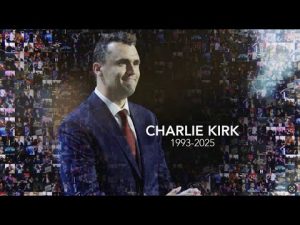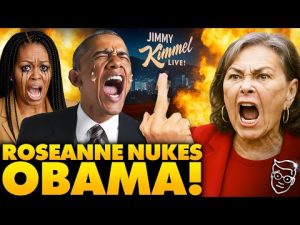In a much-publicized incident, late-night host Jimmy Kimmel found himself at the center of controversy after making statements on his show that many considered misleading. The uproar centered around his characterization of a tragic event involving the murder of conservative commentator Charlie Kirk. Kimmel’s comments suggested a connection to the MAGA movement, which he criticized for trying to distance themselves from the perpetrator, Tyler Robinson, a claim that did not directly allege MAGA’s involvement. However, even after discussions arose, Kimmel failed to retract his comments, leading many to see his actions as a deliberate misrepresentation.
This incident sparked significant backlash, not just from viewers, but also from major broadcasting networks. ABC, owned by Disney, decided they would no longer air Kimmel’s show, prompting Disney to suspend him indefinitely. The network argued that they could not support what they viewed as a breach of journalistic integrity on their platform, which should be used responsibly to serve the public interest.
Critics of Kimmel’s suspension argue that it might infringe on free speech, but others contend that broadcast airwaves are a public resource and must be maintained to certain standards. Just like a public park can’t be misused by those granted access, the argument goes, neither can the broadcast airwaves be abused. Kimmel’s defenders say he was just a comedian making a point, but opponents believe he acted more like a partisan actor, misusing his stage and influence.
The situation reflects a broader issue in entertainment and news media where personalities increasingly blur the lines between news, opinion, and comedy. Kimmel is accused of stepping well beyond the bounds of humor and veering into the realm of political misinformation, which has become a more common criticism of media figures in recent years. It highlights an industry-wide challenge of balancing free expression with factual reporting, especially when political tensions are high.
Finally, this debacle exemplifies a shift in accountability, where public figures are no longer immune to criticism or consequence when their actions mislead the public. The networks are no longer willing to shield their stars from the repercussions of their words, especially when the sanctity of public trust is at stake. Jimmy Kimmel facing suspension may serve as a cautionary tale for others in the media who may choose to prioritize entertainment value over veracity in their broadcasts.







